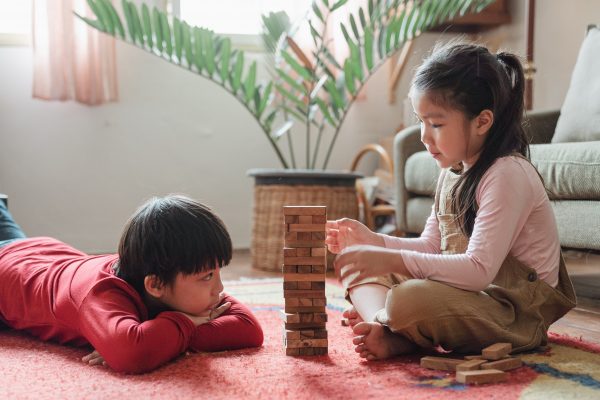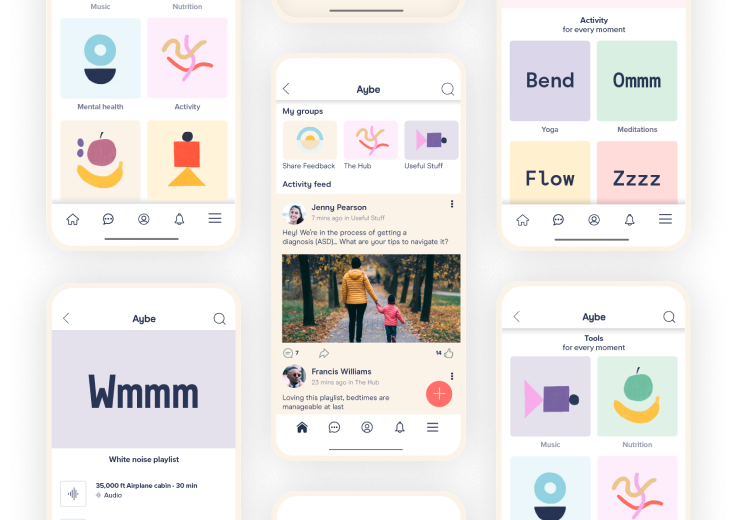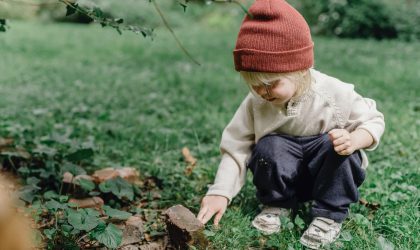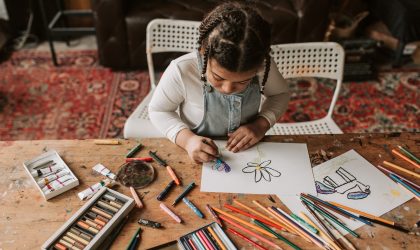How Play Turbocharges Your Child’s Social and Communicative Skills

What do you call the insect that comes out during summer nights and flashes light from its body? Lightning bug? Firefly? Glow worm? How about a carbonated flavoured drink? Do you call it fizzy pop? Coke? Whatever your preferred term for them, we’re all referring to the same thing. We’ll explore how child-led play supports neurodivergents’ social and communicative skills.
From communication to creativity to learning, different methods and personal preferences can often still bring in the desired results. We can find what resonates to allow students to interact with their environment in ways that suit their learning style, experiences, and thought patterns.
That is why play is such an important part of the round-up of supports and interventions for Neurodivergent children.
Join the Community
Download the app to access more specialist advice, community support and wellbeing tools.
Join today as a Contributor member to gain free* access!
Download now
*Free access, in return for contributing to Aybe on a weekly basis, for example by commenting, liking, responding to feedback requests. See Terms & Conditions.

Play is integral for educational and life skills.
In a study conducted by Jenny Gibson, Emma Pritchard, and Carmen de Lemos, researchers documented the connection between play-based interventions supporting social and communication development in autistic children aged 2-8 years. They looked through studies that had been done to find the overarching themes that point to when and how play applied well in interventions and supports can have a real impact.
The research studied different ways for children to play, whether one-on-one, parent involved, or with a group; and differed on behaviour or development-based play. One of the core aspects for most of the explanations was that “play” is based on activities driven by enjoyment. It is voluntary, fun, and not centred on essential and immediate survival. Having fun is the typical incentive for the child playing, but the playtime also gives opportunities for emotional and personal exploration, creativity and imagination, and motor development.
Most studies in the research indicated that play with others was crucial to social and language skills too. Basically, whether an adult facilitated the play or not, as long as there were other children involved in an open play environment, autistic children saw improved social and cooperative skills.
As seen in the projects of the Play and Communication Lab with PI Jenny Gibson, PhD, play also often provides an environment outside of standardised assessments or structured classroom settings for adults to observe Neurodivergent childrens’ communication, interests, social skills, and emotional and social development and their progress over time. It provides a truer and broader picture of them as individuals. This further offers a way to assess progress and continued needs. Additionally, it provides a more real-world and engaging variety of support and interventions.
Play Can (and Should) Be Effectively Centred on Children’s Unique Skills, Interests, and Needs
An important note for this study is the consultation with “stakeholders” who consisted of parents, practitioners, teachers, and autistic adults. They were encouraged by the results of this study and stressed the need for children to be themselves. This is important to build on communicative skills in the context of play. Finally, they were encouraged by the range of different methods that could produce positive outcomes. Child-led play-based approaches often allowed the Neurodivergent children in the studies to increase their confidence and skills.
Overall, whether it was through a lens of behaviour or development, with parents and teachers closely involved or not, these play-based interventions are a chance for a significant step forward in supporting children’s ability to communicate, socialise, and learn. Building these friendships and having the support of their peers can mean a world of difference for Neurodivergent children.
Find Resources and Ideas that Work for Each Child
We know that research on this topic is important and finding creative and individualised ways to apply promising conclusions is what makes them valuable for everyday life.
We are planning a new article in the coming weeks to help dig into practical how-tos on how to use play, so make sure to check back!
Have you listened to our Playtime Music playlist to boost your child’s play development even more?
Make sure to connect with us in the community by downloading our app or let us know which play-focused information and resources you most need right now!
Join the Community
Download the app to access more specialist advice, community support and wellbeing tools.
Join today as a Contributor member to gain free* access!
Download now
*Free access, in return for contributing to Aybe on a weekly basis, for example by commenting, liking, responding to feedback requests. See Terms & Conditions.






